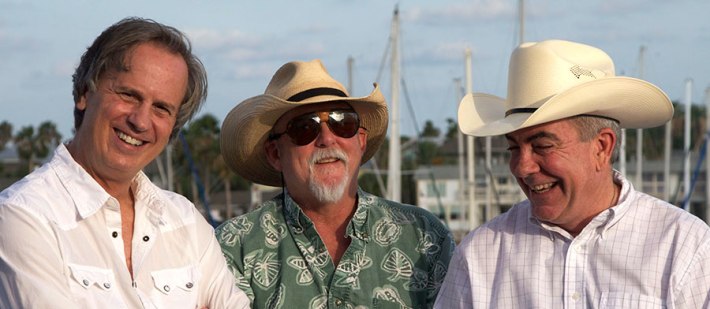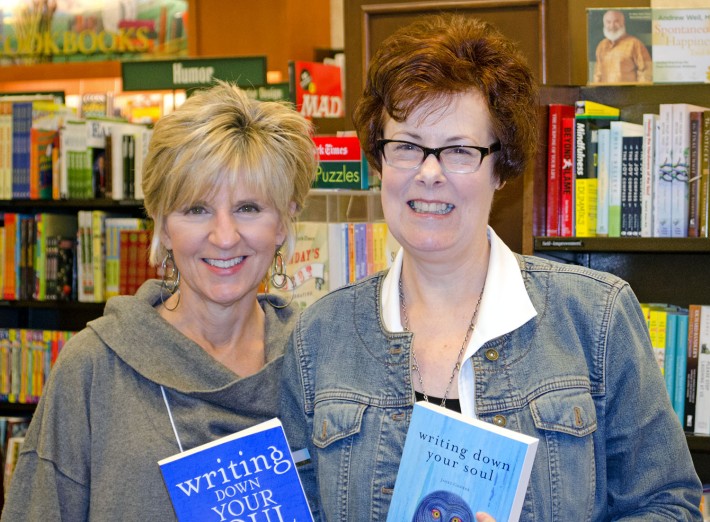In anticipation of our workshop, Building Character and Building Plot Through Character, we’ve managed to snag our wonderful instructor Brian Yansky for a quick Q&A about himself. Brian’s class is on March 9th from 9 am to 12 pm on the St. Edward’s campus. You can register for this fun and informative class here.

What is it about fiction that interests you? And how did you get interested in writing specifically for young adults?
Brian Yansky: I’ve always been interested in good stories whether they’re in books, in movies, on TV or told by someone good at telling stories. I started to love fiction in high school. I love language and characters and how a good story can seem as intense and powerful as a life event. I stumbled on YA novels after some friends and my wife said they thought my work could be YA. There is a tremendous number of great YA novels.
What makes a fictional character interesting in a story?
BY: People read fiction for many reasons, but they must respond to the characters or they won’t be involved in the story. What would Harry Potter be without, say, Harry Potter? Interesting characters like interesting people in real life have depth. In a story they will be involved in something crucial to their life. The stakes need to be high, emotionally and/or physically, in order for the reader to be transported to the character’s world.
What are some of your favorite books?
BY: I don’t have three or four favorite books. Any list would change with time. I have authors who mean a lot to me: I love Kurt Vonnegut’s books, Gabriel Garcia Marquez’s books, Michael Chabon’s books. I love Francisco Stork’s MARCELO IN THE REAL WORLD, Marcus Zusak’s books, Ann Tyler’s, Gabrielle Zevin’s ELSEWHERE. But these are just the tip of the iceberg of books. There are so many great ones out there.
You said you hitch-hiked when you were younger. What was your most interesting encounter?
BY: I don’t have one most interesting encounter (there were many), but I did learn something that changed my life when I was hitch hiking. Most people are kind. There are a lot of bad people in the world and you meet them on the road. But there are more people who will go out of their way, even put themselves in harm’s way, to help someone in need of help. That was enlightening, meeting those people.
What do you love about being a writer? Do you have a second career?
BY: Getting to work in my pajamas. Yes. And I love making worlds and the difficult and profound challenges of creating story and characters with depth and all that goes into writing. I love what I do and that is an amazing thing.
I do have a second career as a teacher of, not surprisingly, writing. I ‘m lucky that I love doing this, too. Writing is my first love but teaching is something that I feel very strongly about. I like getting to know the students ,and I like how engaging the challenge of teaching them the basics of something as complex as writing. Sometimes we go beyond the basics—that is I have talented students—and that is also fun.
Brian Yansky writes both Young Adult and adult fiction. He is the author of three YA novels: My Road Trip to the Pretty Girl Capital of the World, winner of the Texas Institute of Letters Best YA Novel, 2003, Wonders of the World, and Alien Invasion & Other Inconveniences. Candlewick Press will publish a sequel to that novel, Homicidal Aliens & Other Disappointments, in fall, 2013. Another YA novel, Utopia, Iowa, will be published in fall, 2014, also by Candlewick. His stories have appeared in Literal Latte, The Crescent Review and other magazines. He has and MFA in Writing from Vermont College and is an associate professor at Austin Community College where he teaches writing. Learn more Brian at BrianYansky.com.








